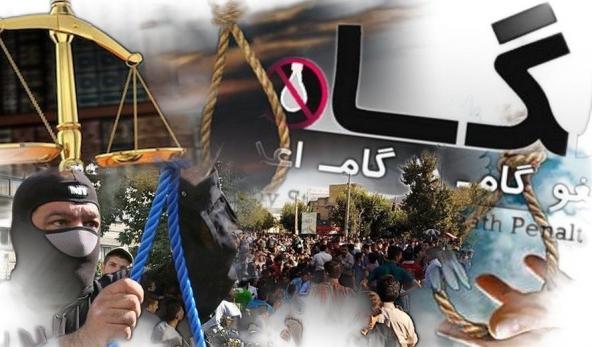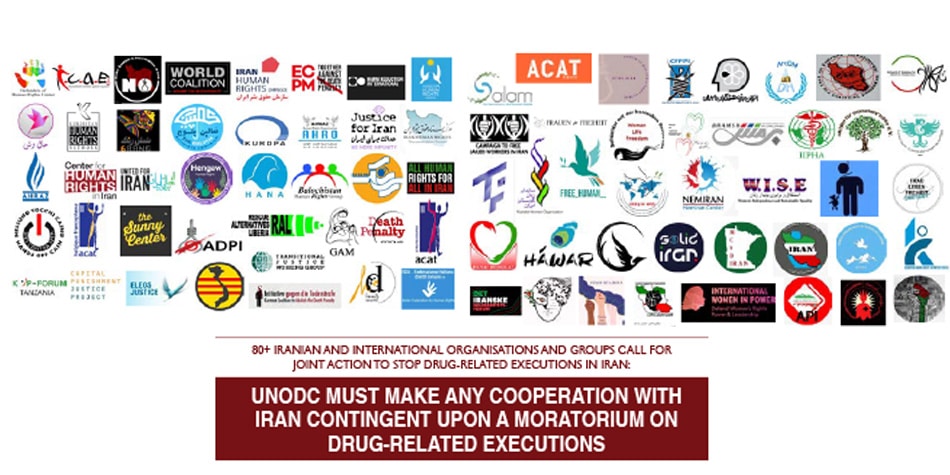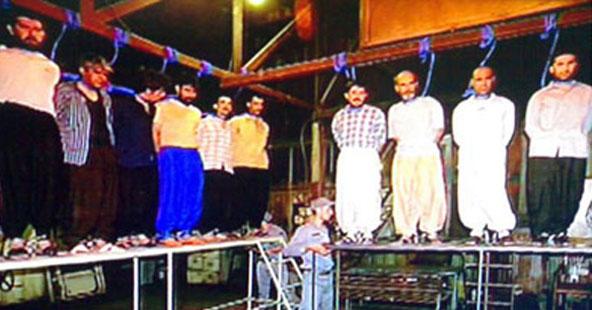
Amnesty 2010 stats: retentionist countries increasingly isolated
Statistics
A total of 31 countries abolished the death penalty in law or in practice during the last 10 years but China, Iran, Saudi Arabia, the USA and Yemen remain amongst the most frequent executioners, some in direct contradiction of international human rights law.
The total number of executions officially recorded by Amnesty International in 2010 went down from at least 714 people in 2009 to at least 527 in 2010, excluding China.
China is believed to have executed thousands in 2010 but continues to maintain its secrecy over its use of the death penalty.
“The minority of states that continue to systematically use the death penalty were responsible for thousands of executions in 2010, defying the global anti-death penalty trend,” said Salil Shetty, Amnesty International’s Secretary General.
“While executions may be on the decline, a number of countries continue to pass death sentences for drug-related offences, economic crimes, sexual relations between consenting adults and blasphemy, violating international human rights law forbidding the use of the death penalty except for the most serious crimes,” said Salil Shetty.
Most executions in Asia and the Middle East
Two regions are responsible for most executions worldwide: Asia and the Middle East.
China used the death penalty in 2010 against thousands of people for a wide range of crimes that include non-violent offences and after proceedings that did not meet international fair trial standards.
A significant proportion of the executions or death sentences recorded in 2010 in China, Egypt, Indonesia, Iran, Laos, Libya, Malaysia, Thailand, United Arab Emirates, Saudi Arabia and Yemen were for drug-related offences.
Iran, Pakistan, Saudi Arabia, Sudan, and the United Arab Emirates ignored international prohibitions in 2010 and imposed death sentences on individuals that were below 18 years of age when the crimes were committed.
Progress despite setbacks
Amnesty International’s report highlights a number of setbacks during 2010 when six other countries and territories carried out executions after a hiatus and one country expanded the scope of the death penalty.
“In spite of some set backs, developments in 2010 brought us closer to global abolition. The President of Mongolia announced a moratorium on the death penalty, an important first step as capital punishment is still classified as state secret. For the third time and with more support than ever before, the UN General Assembly called for a global moratorium on executions” said Salil Shetty.
Since 2003, less than half of retentionist countries have carried out executions. Less than a third were known to have executed prisoners every year over the last four years.
“Any country that continues to execute is flying in the face of the fact that both human rights law and UN human rights bodies consistently hold that abolition should be the objective.”
“A world free of the death penalty is not only possible, it is inevitable,” said Salil Shetty. “The question is how long will it take?”
Download the report (PDF – 658 KB)
View Amnesty International’s graphics







